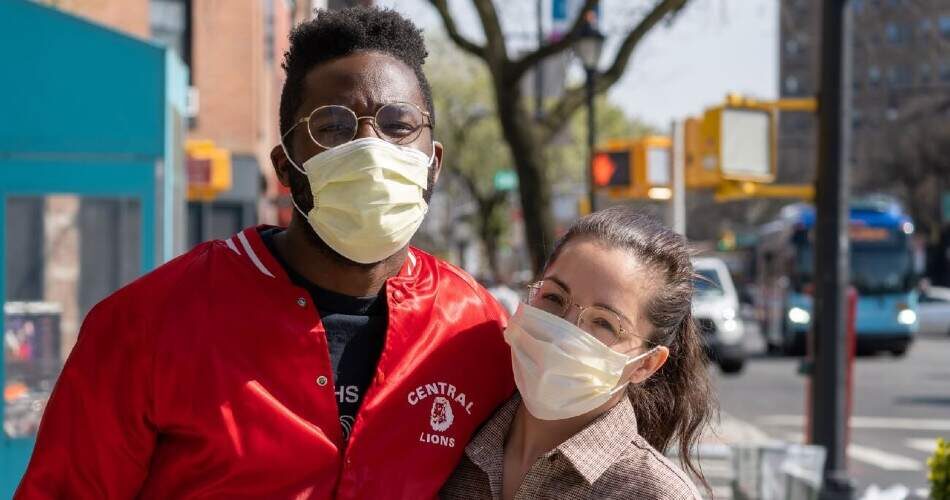Estimated reading time: 2 minutes
Vitamin D is important for healthy bones, teeth, and muscles. Lack of it can lead to a bone deformity disease called rickets in children and a condition similar to bone weakness called osteomalacia in adults. There are also suggestions that vitamin D stimulates the immune system and helps fight infections.
Several recently published studies say that vitamin D may reduce the severity of COVID-19. Improving the levels of vitamin D in the general population, and especially in patients hospitalized with COVID-19, could help reduce the severity of COVID-19 disease and associated death. People who died from COVID-19 had lower levels of vitamin D than those who survived.
Patients hospitalized with COVID-19 who were deficient in vitamin D developed acute respiratory distress syndrome (ARDS). Previous studies have also shown that vitamin D deficiency is associated with risks of respiratory tract infection in general.
For example, certain demographic groups are known to be at increased risk of vitamin D deficiency, such as black people, elderly, nursing home residents, and people with obesity or diabetes, are at increased risk of infection, and mortality due to COVID-19.
Because vitamin D deficiency is so prevalent around the world, especially in the winter months, it is recommended that everyone take vitamin D supplements to reduce the risk of becoming infected and having complications from COVID-19.
Vitamin D supplements are widely available, may contain only vitamin D, or are part of a multivitamin complex. The ingredient listed on the label of most vitamin D supplements is D3. If you have a well-balanced diet, you can help ensure the normal functioning of the immune system, but it is difficult to get enough vitamin D from food alone.
Although vitamin D supplements are very safe, daily administration of a larger amount than recommended can be dangerous in the long run. Higher doses may sometimes be recommended by the doctor in patients with high vitamin D deficiency.
Sun exposure does not cause an overdose on vitamin D, but the sun strongly burns the skin, so you must safely expose yourself to the sun. Protect your skin with sunscreen to prevent skin burns.
If you want to find out about wearing a face mask while running, check out our article on this topic: Is it necessary to use a face mask while running or jogging?
[Photo from Unsplash]
